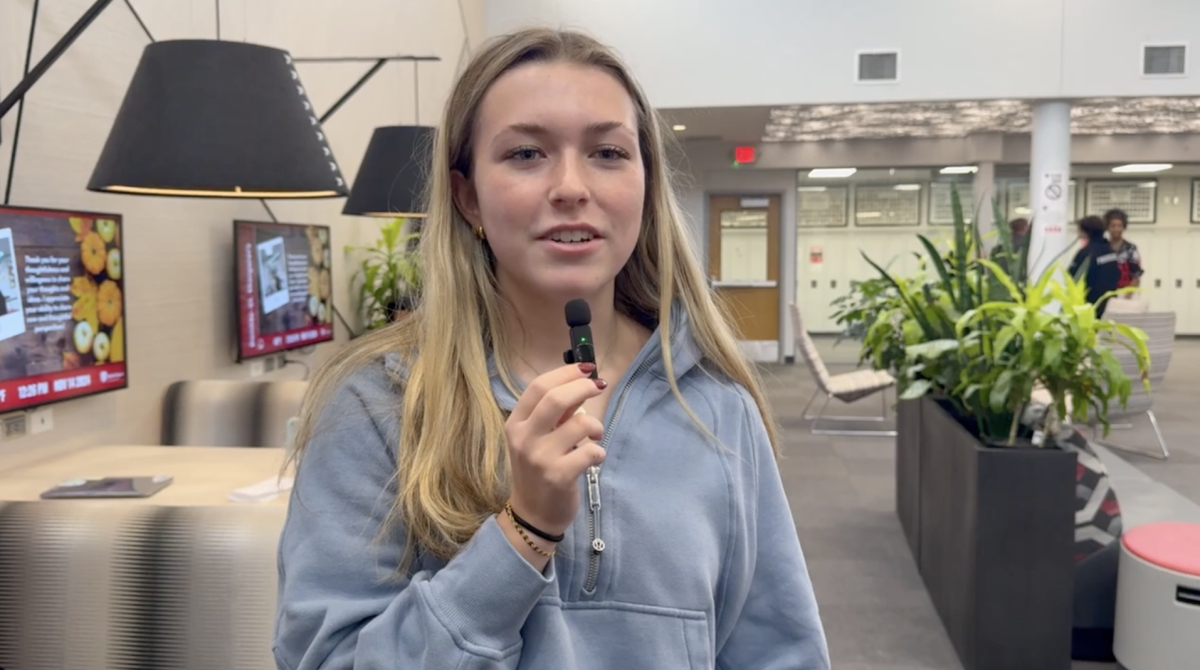Although about a quarter of each grade is in a support group, the majority of students haven’t been in one or don’t know much about them. This surprising fact is not good because “the goal of groups is prevention,” said Dr. Jeff Steffenson.
About two weeks ago each homeroom received a survey from the guidance department that is used to determine this year’s support groups. Once all the surveys are collected and read, groups are determined based on student need and who the Student Support Team, a group of deans, counselors, and the vice principal and principal who meet weekly to discuss student issues, feels should be in a group.
This year there are nine main groups: children of alcoholics, diversity, eating disorders and body image, family change, female issues, grief and loss, drug and alcohol insight, male issues, and tobacco cessation. There are all these groups because each different group does specific activities which focus on the need of the group. Dr. Steffenson said, “We need to offer all these different groups because there is such a variety of needs and issues in our school, and so each group is kept relatively small and focused on one area.”
The Student Support team reviews potential students to be in groups because it’s essential to the success of a group that people aren’t joining just to get out of class. Because of the confidentiality and openness required to build a group and build trust within the group, students who aren’t committed are detrimental to everyone’s progress. “Groups are fun, but that’s not the focus,” said Dr. Steffenson, “If someone joined just to get out of class they wouldn’t last long.”
Groups meet once a week or every other week and the class period is rotated so students don’t repeatedly miss a class. Some teachers acknowledge the importance of groups, even though some class time is missed. Math teacher James Picard said, “Support groups and counseling play a very important role in the lives of students. And if it benefits students to miss a day of class to go to a group and receive support, than they should be able to.”
Students also agree that group helps to relieve stress and gives them the tools they need to deal with conflicts that they face in everyday life. Senior Bailey Ribich said, “Last year [group] helped me work through a lot of friend problems. I think it’s so effective because you get a time to really talk about what is going on in each other’s lives and getting outside opinions from people, other than just your close friends, gives you a better perspective on things.”
Sophomores Lauren Meyer and Taylor Allen also agreed that last year their support group taught them valuable lessons and relationship skills that have aided them in dealing with family and friend conflicts. Meyer said, “I was having issues with boys and some of my friends, and group really helped me to understand them and work through them and I learned ways to better deal with future problems.”
These groups will begin to meet shortly after MEA, but there are students who join throughout the year if they are referred to a group or talk to a counselor. To learn more or join a specific group students can talk to Dr. Steffenson or any of the other counselors.

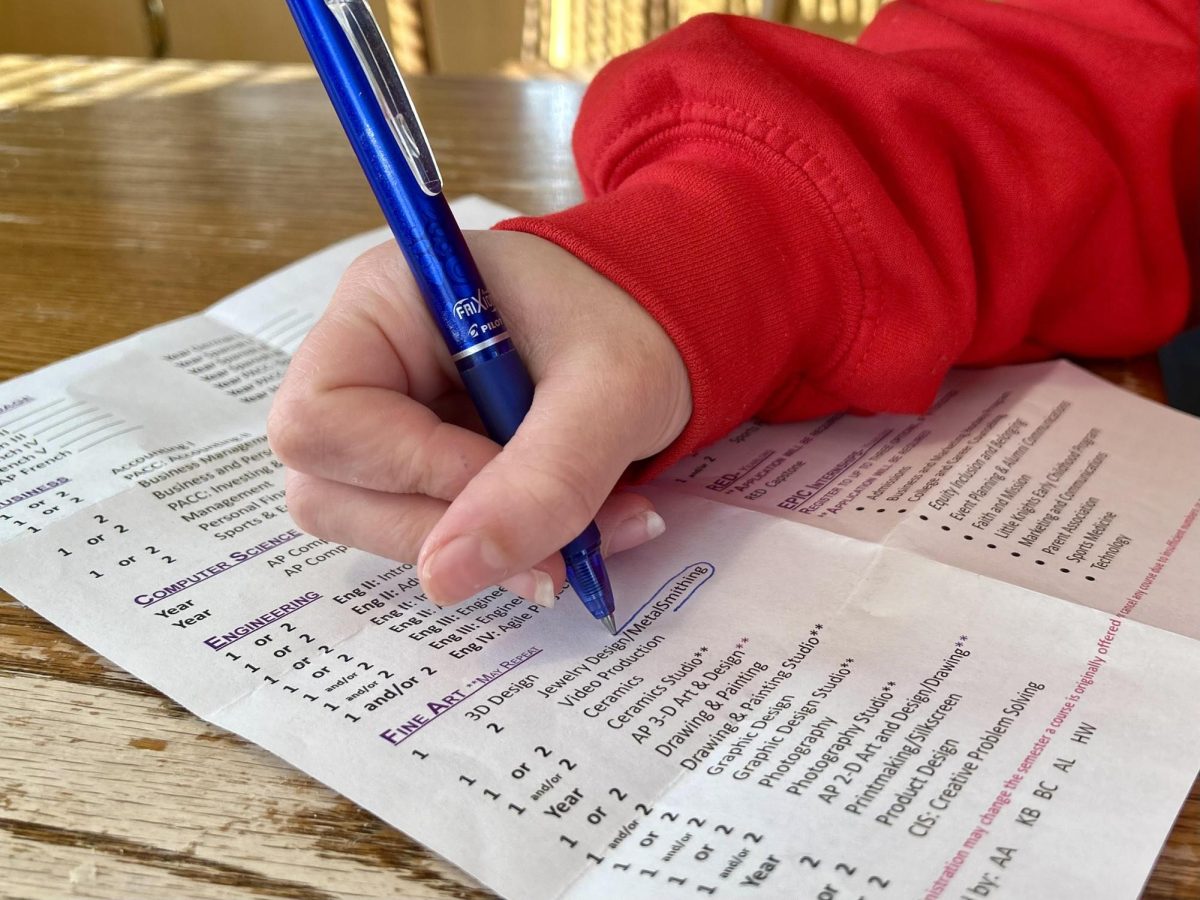

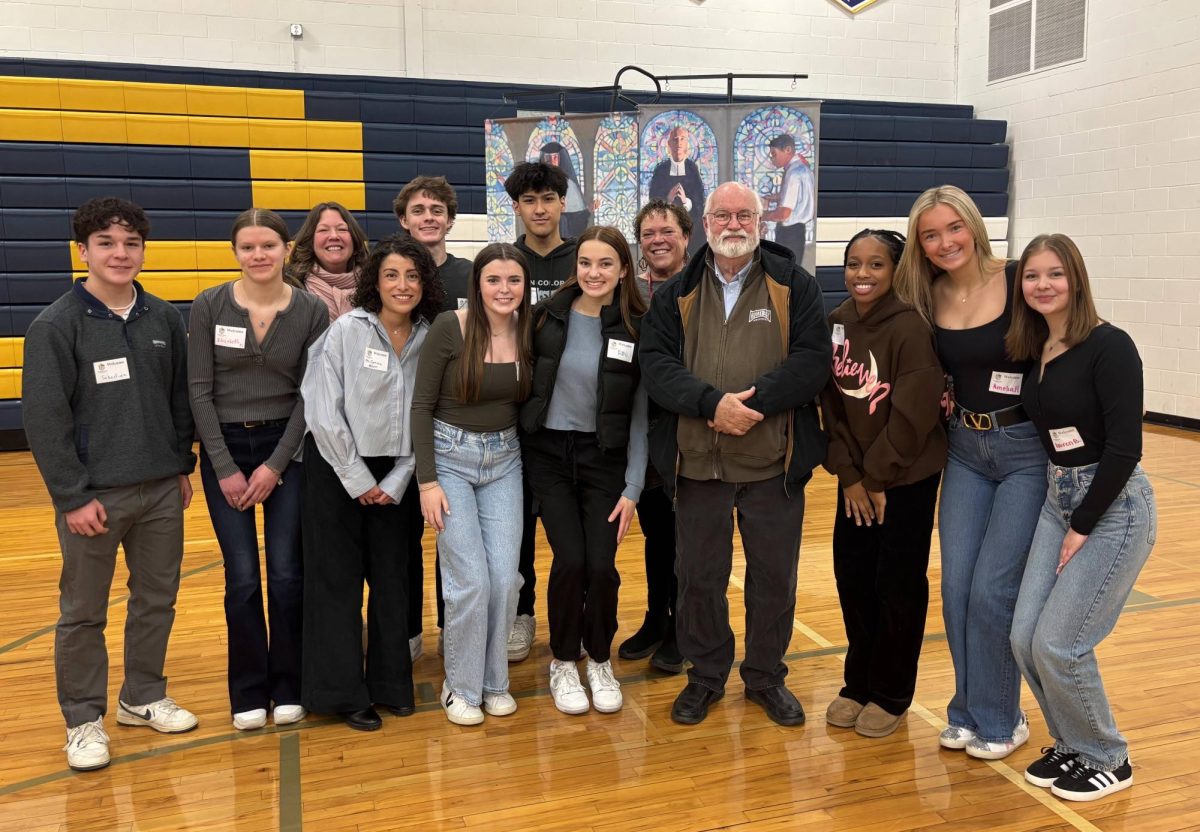

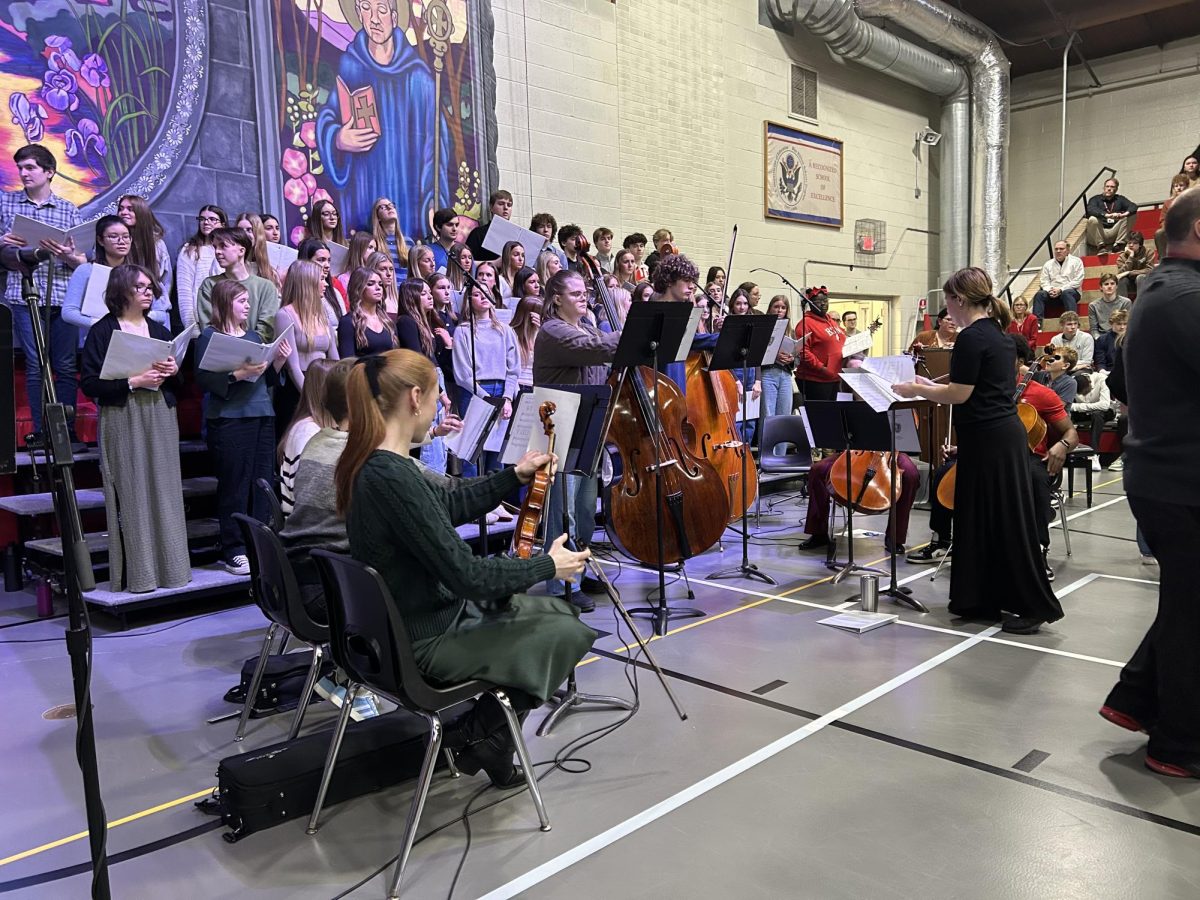
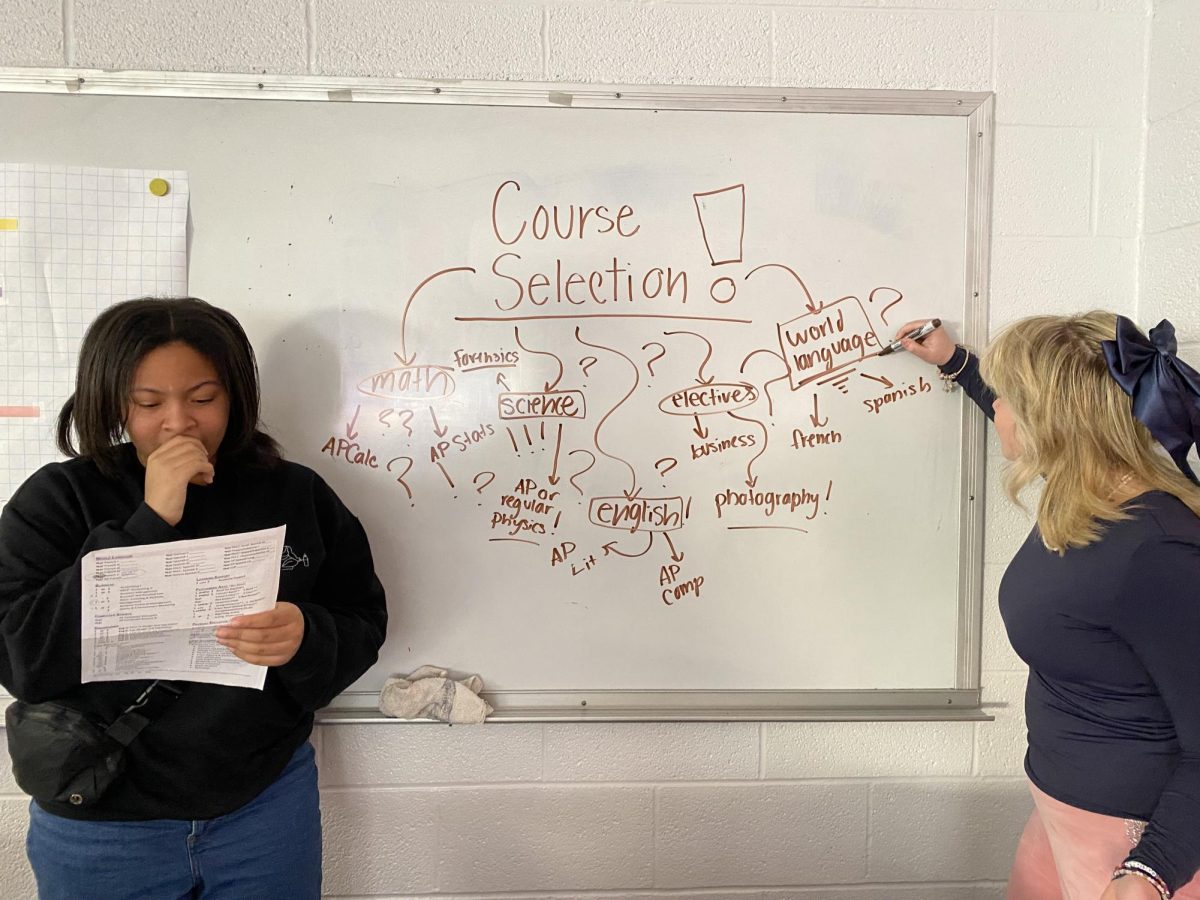
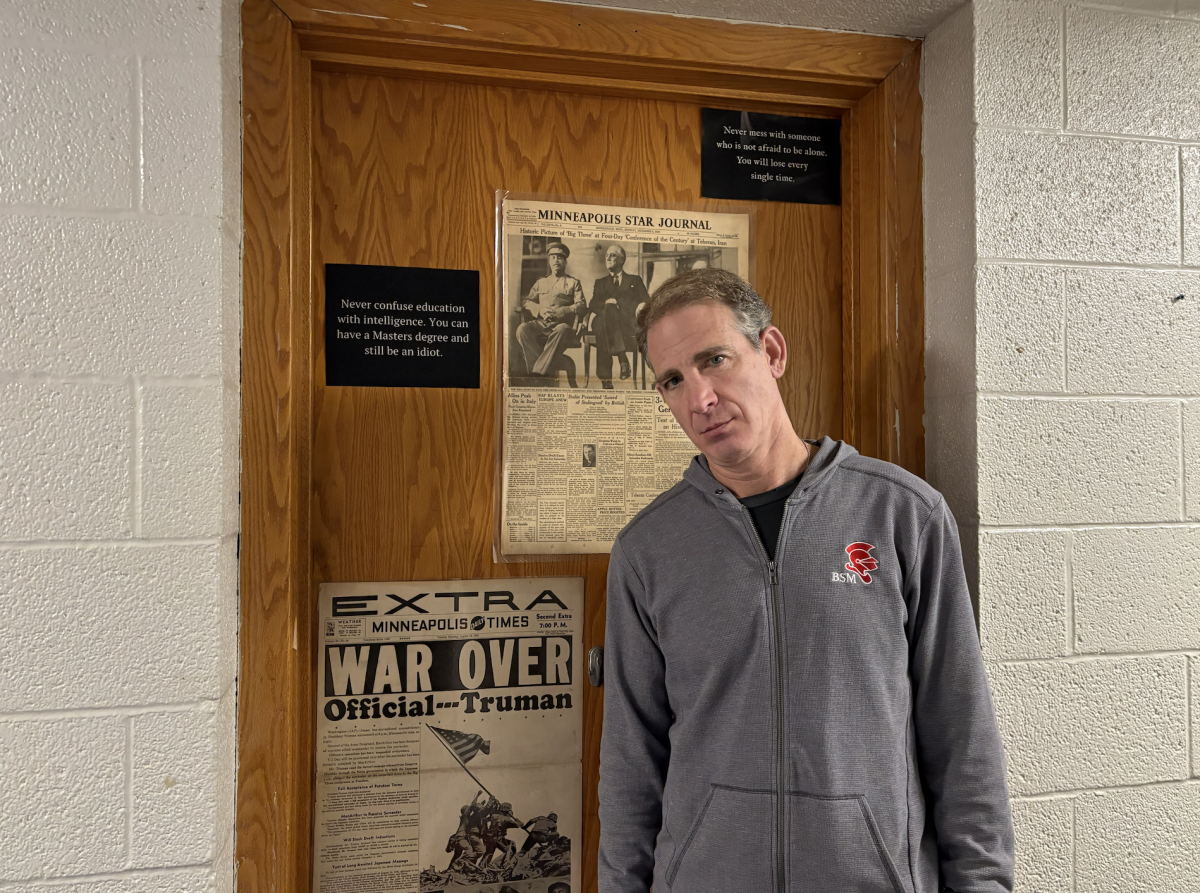

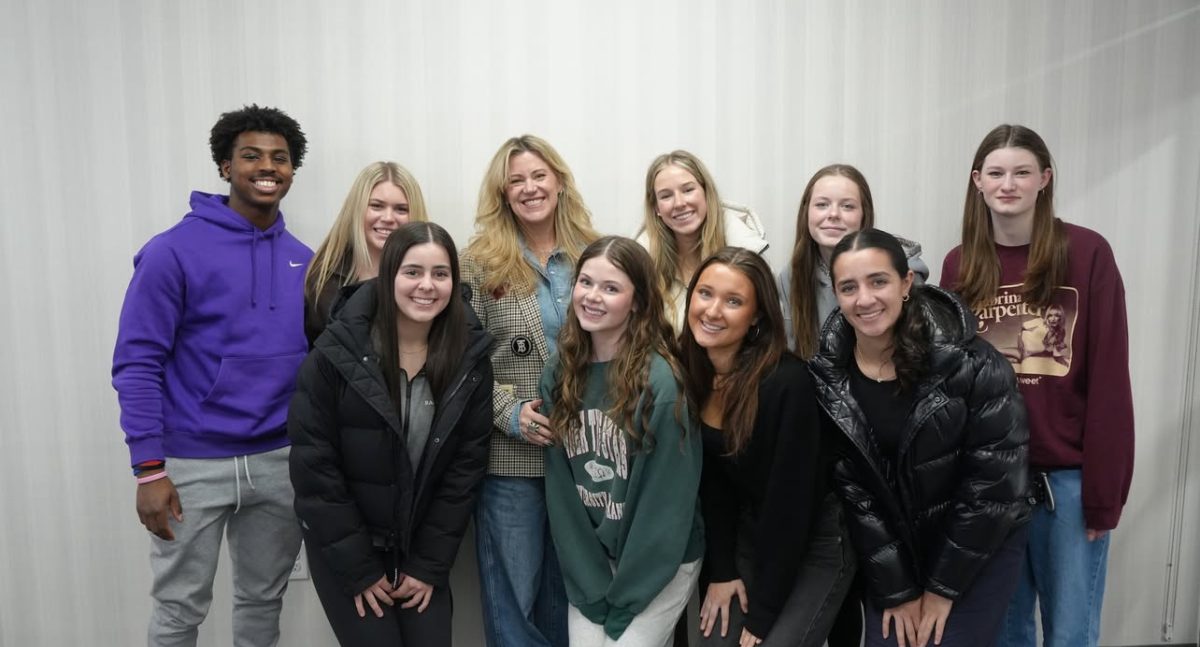
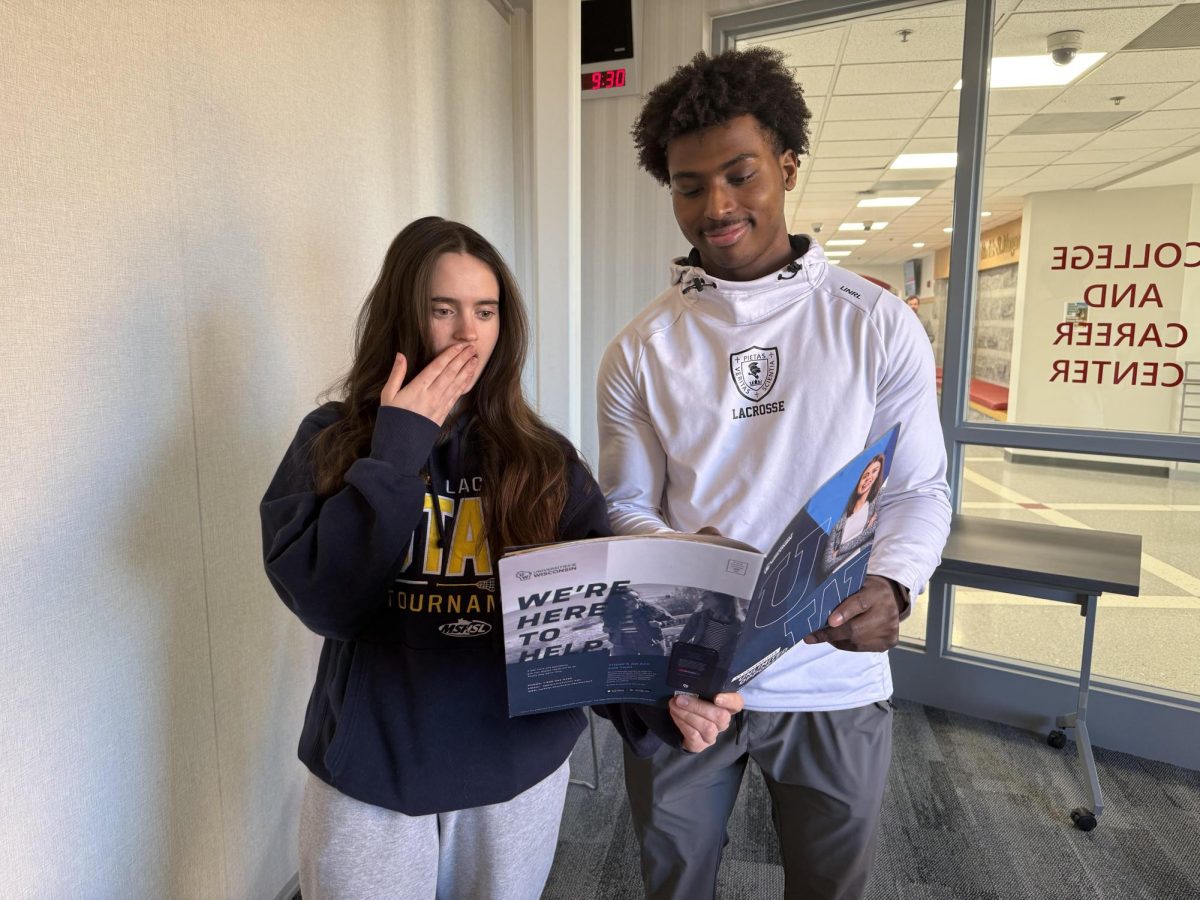


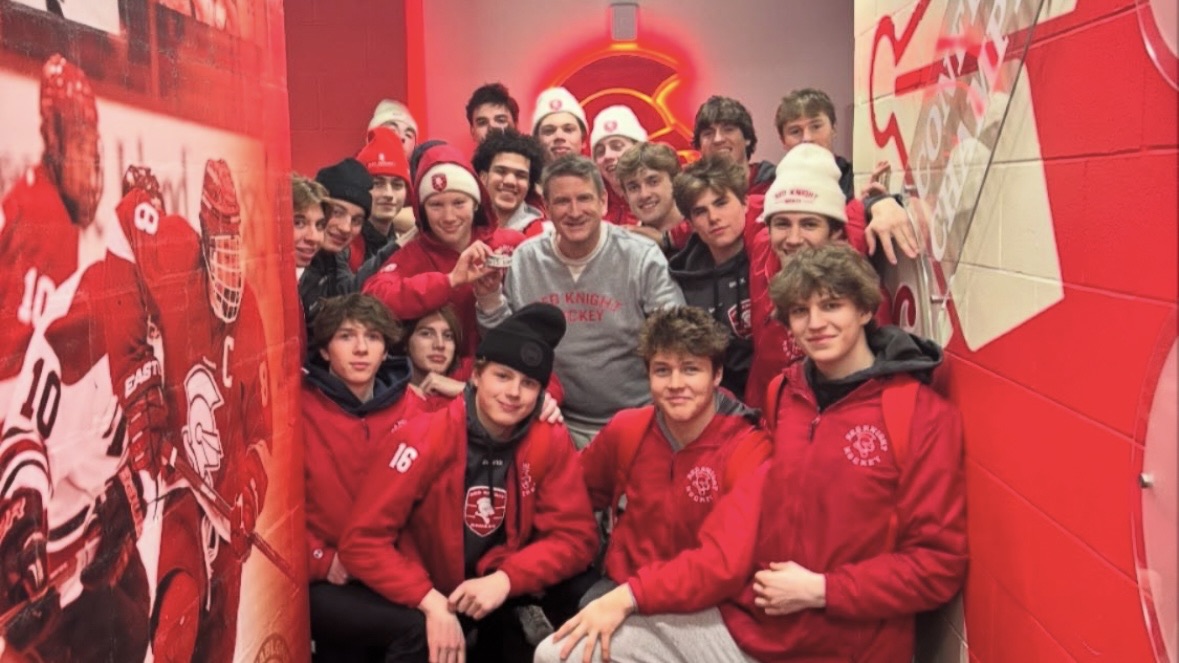

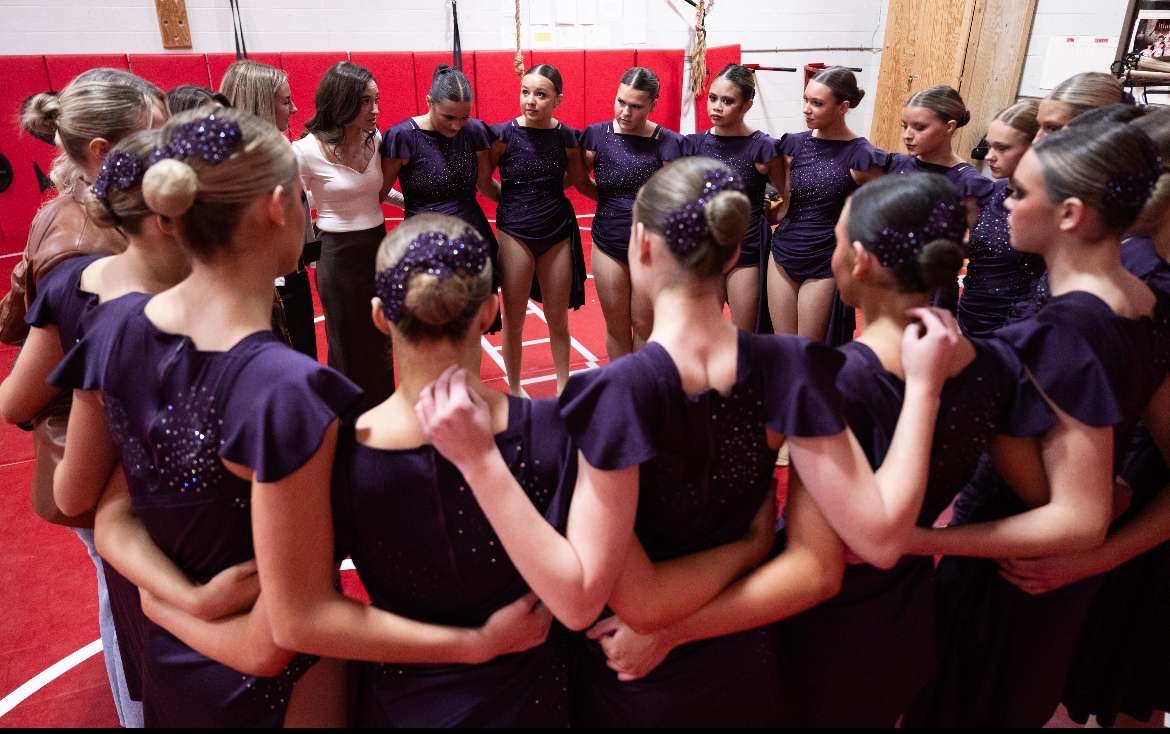





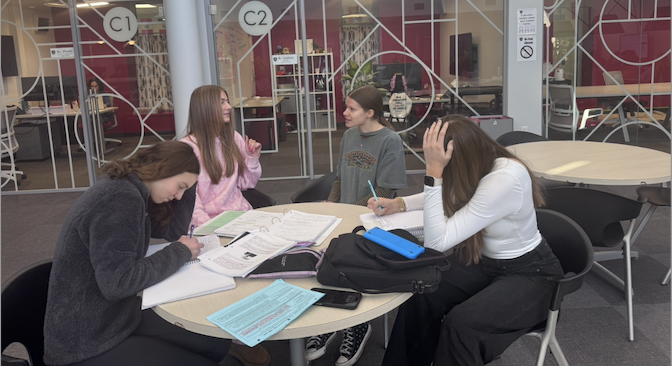

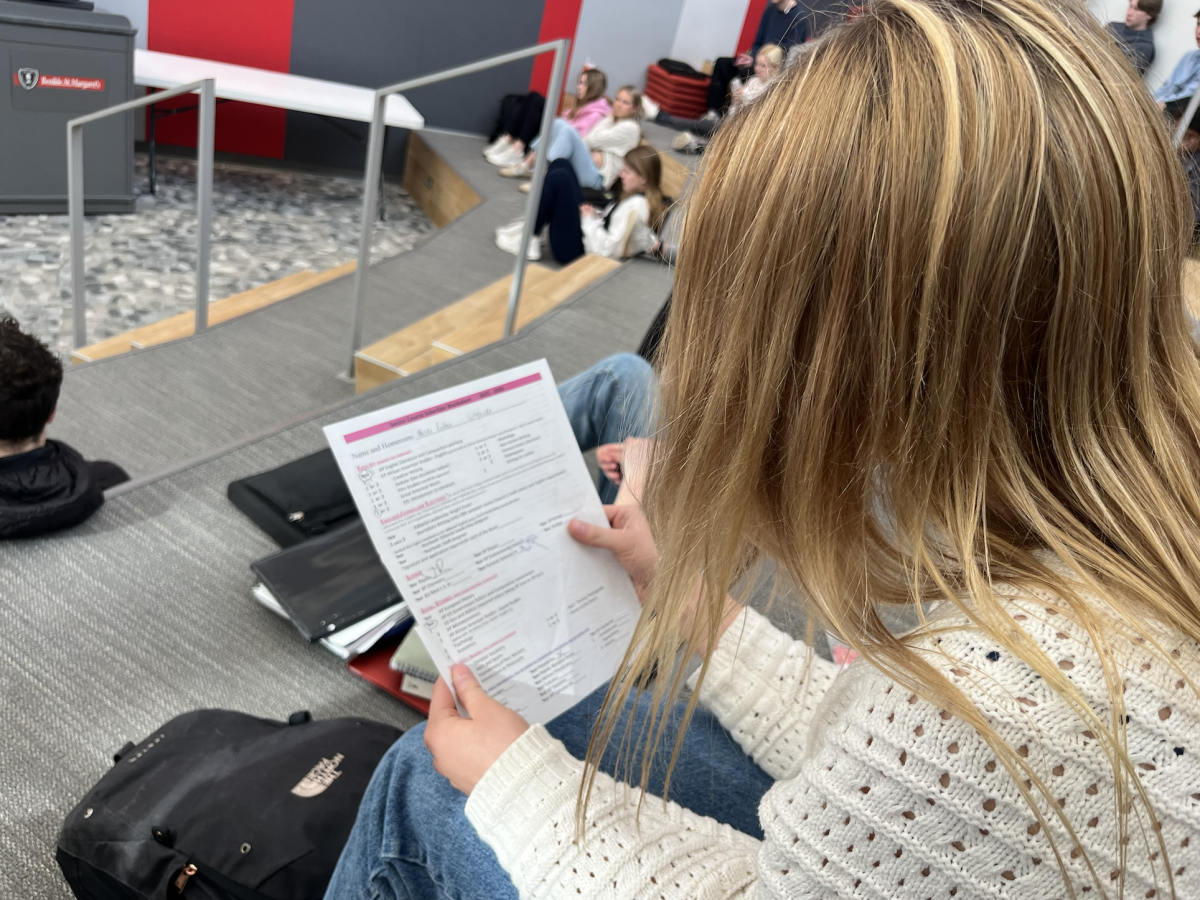
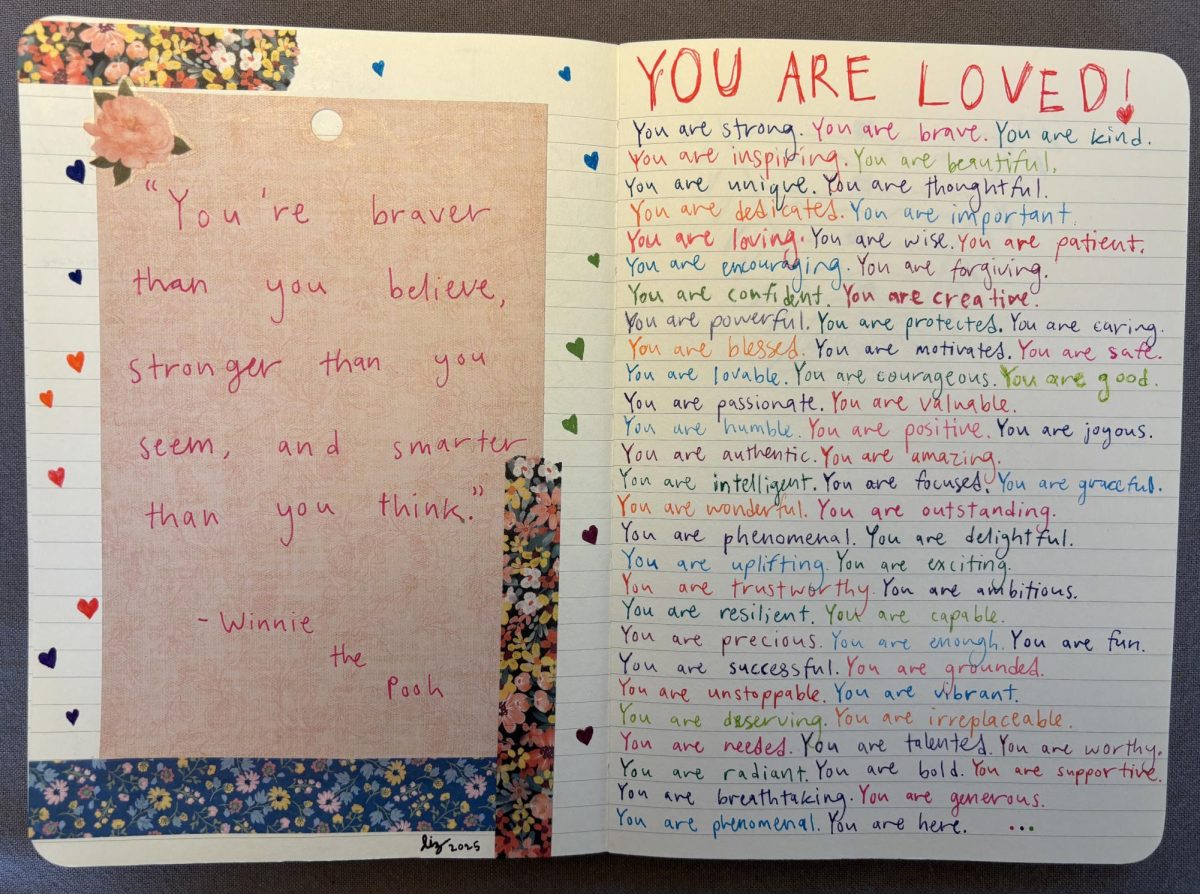
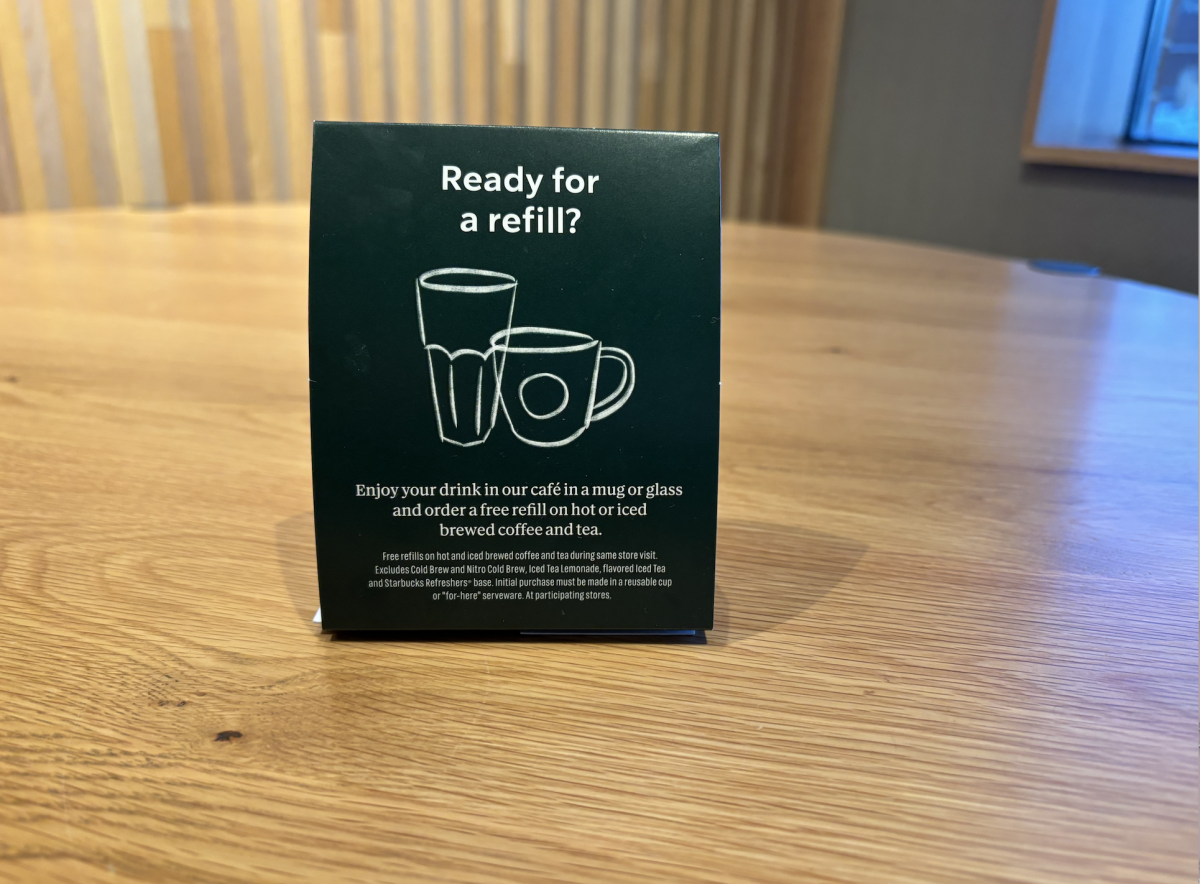










![Teacher Lore: Mr. Henderson [Podcast]](https://bsmknighterrant.org/wp-content/uploads/2025/03/teacherlorelogo-1200x685.png)


